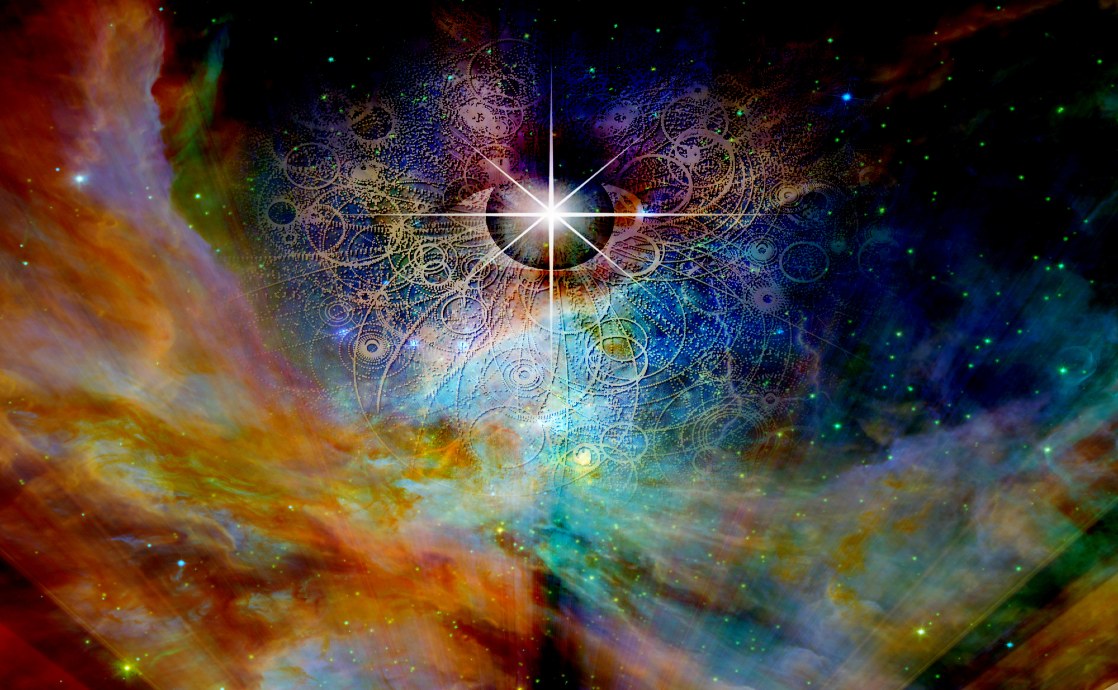The intricate interplay between religion and science has long captured the fascination of humanity. In seeking to understand the universe, individuals often find themselves at a crossroads, navigating the shores where empirical evidence and spiritual conviction converge. The Baha’i teachings offer a profound perspective on this relationship, proposing not only a principle but also a prophetic vision for a harmonious coexistence between these realms of human thought. This exploration delves into the framework of Baha’i perspectives on the harmony of religion and science, articulating its pivotal importance in fostering a more enlightened and unified society.
To begin with, one must acknowledge the historical context in which the Baha’i Faith emerged. Founded in the mid-19th century, the Baha’i Faith arose during an age characterized by rapid scientific advancement, coupled with significant religious upheaval. This backdrop of intellectual curiosity and spiritual seeking laid the groundwork for the synthesis that the Baha’i teachings advocate. Central to Baha’i thought is the assertion that both science and religion are essential avenues for acquiring knowledge, albeit through distinct methodologies. This dual approach addresses a prevalent observation: the perceived discord between faith and reason.
In the Baha’i view, religion is seen as the repository of spiritual truths that guide human moral evolution. It provides a framework for ethical behavior and a context within which individuals can cultivate their spiritual attributes. Conversely, science serves as an unfolding narrative of the natural world, propelling humanity toward technological and intellectual advancement. Thus, the Baha’i teachings invite individuals to appreciate that each domain holds intrinsic value, contributing uniquely to the holistic understanding of existence.
One of the remarkable aspects of Baha’i thought is its emphasis on the concept of ‘truth.’ Baha’is purport that truth is singular; it does not bifurcate into disparate sects or ideologies. Instead, it manifests itself across various expressions, encouraging the pursuit of knowledge in all its forms. This perspective is particularly salient when examining the historical tensions between empirical reasoning and religious dogma. History demonstrates that, at various junctures, the institutions representing one side have sought to diminish or discredit the other. However, according to Baha’i teachings, this confrontation is an outcome of misunderstanding rather than an inherent conflict.
Moreover, the principle of the harmony of religion and science is deeply woven into the fabric of Baha’i prophetic discourse. Abdu’l-Baha, a central figure in the Baha’i Faith, articulated that progress in one realm must complement development in the other. Just as religion should not forsake scientific inquiry, science, in turn, must respect the spiritual implications of its findings. This reciprocal relationship posits that the advancement of civilization hinges on recognizing and cultivating this synergy. Abdu’l-Baha underscores this notion by suggesting that ignorance of either domain leads to societal failure.
Furthermore, the Baha’i teachings elucidate practical implications stemming from the harmony of religion and science. The eradication of prejudice—be it racial, religious, or economic—constitutes a cardinal tenet in the Baha’i Faith. When applied to the dialogue between science and religion, the challenge becomes one of transcending biases towards more integrated approaches to problems, such as climate change, healthcare, and education. A collective scientific effort bolstered by spiritual values can foster innovative solutions, thereby uplifting the human condition.
Another compelling aspect is the Baha’i view on the pursuit of knowledge as an intrinsic moral duty. In stark contrast to both the dogmatic adherence often seen in religious sects and the reductionist tendencies sometimes exhibited within scientific communities, Baha’is advocate for a comprehensive understanding that embraces intellectual exploration while remaining grounded in ethical considerations. For Baha’is, this reflects an acknowledgment that science-spirituality synergy can engender empowerment on both individual and societal levels.
Challenges persist, however, as entrenched worldviews resist shifts toward this integrative paradigm. This resistance stems not merely from ignorance but also from the inertia of tradition—individuals find solace in certainty and familiarity, as challenging existing paradigms can invoke discomfort. The Baha’i Faith offers a prophetic call to action, urging humanity to embrace an evolving understanding of truth that encompasses both scientific discovery and spiritual insight.
As one contemplates the future, the prophetic vision embedded in Baha’i teachings on this harmony suggests a burgeoning era of global unity. It posits that as societies evolve, they will increasingly recognize the symbiotic relationship between religion and science. This realization may prompt transformative shifts—not just in academic settings but across all spheres of human endeavor. Today’s pressing global challenges necessitate an interdisciplinary approach that incorporates both spiritual wisdom and scientific rigor, echoing the Baha’i commitment to fostering a world where knowledge illuminates instead of divides.
In conclusion, the Baha’i perspective on the harmony of religion and science stands as an enriching guideline for contemporary thought. This discourse not only addresses a common observation regarding the tension between these domains but also hints at deeper underlying truths that can facilitate collective advancement. As we collectively navigate the complexities of modern existence, the call to honor and integrate the principles of both science and religion becomes more paramount than ever. This harmonious coexistence, envisioned through the Baha’i lens, offers not merely hope but a pathway toward enlightenment and unity in the diverse landscape of human understanding.
